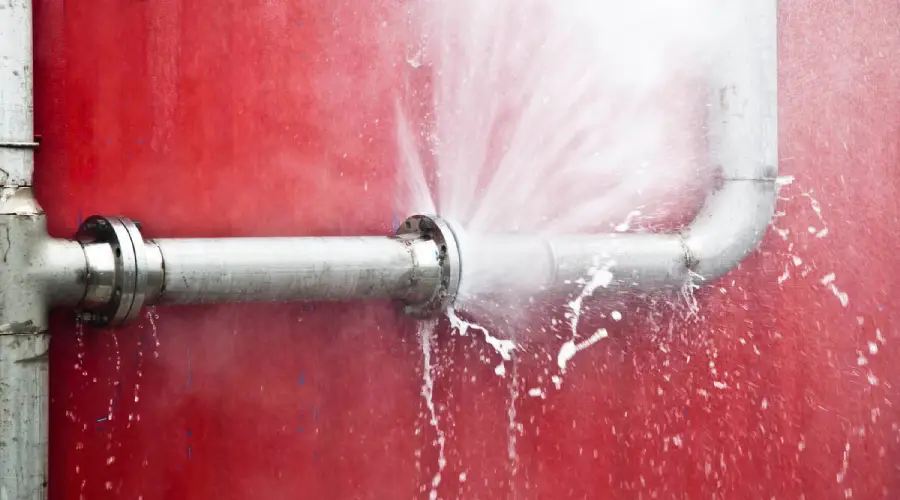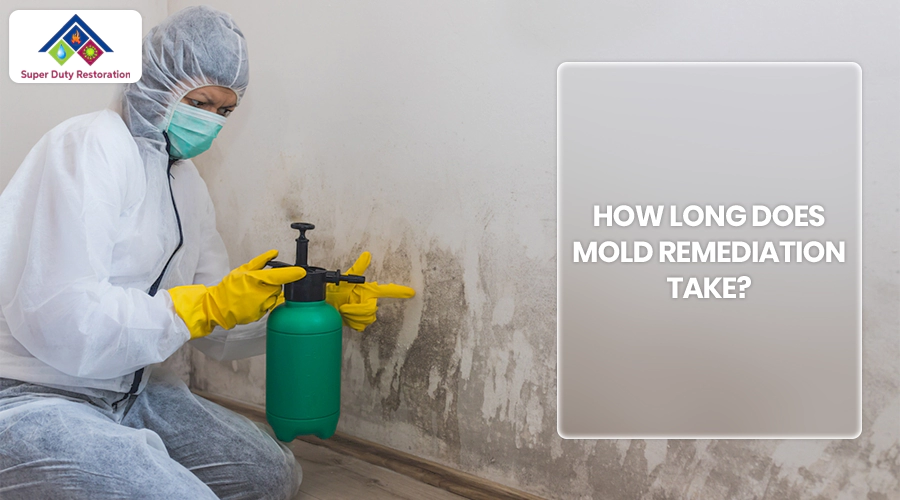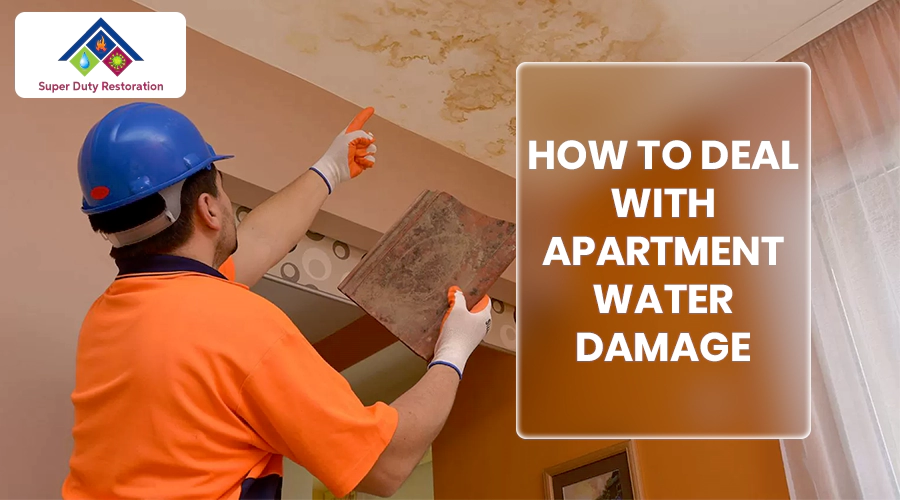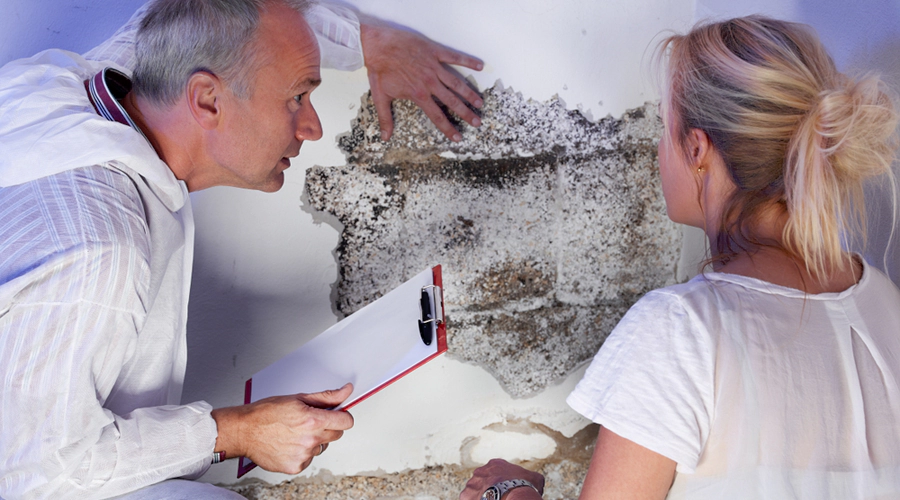If you're reading this, you're in an immense swimming pool of water in your home. While some homes are flooded, it can be caused by leaky water heaters or blocked drainage pipes, or excessive rain, the most common cause is a damaged water pipe. Temperatures that have frozen or other factors can cause cracks within connections for water pipes, water valves, or pipes. In just a few minutes it could be possible to see water running through your walls and ceilings or even accumulating in your basement. Proper guidelines for
Flood Damage Restoration can clear this situation.
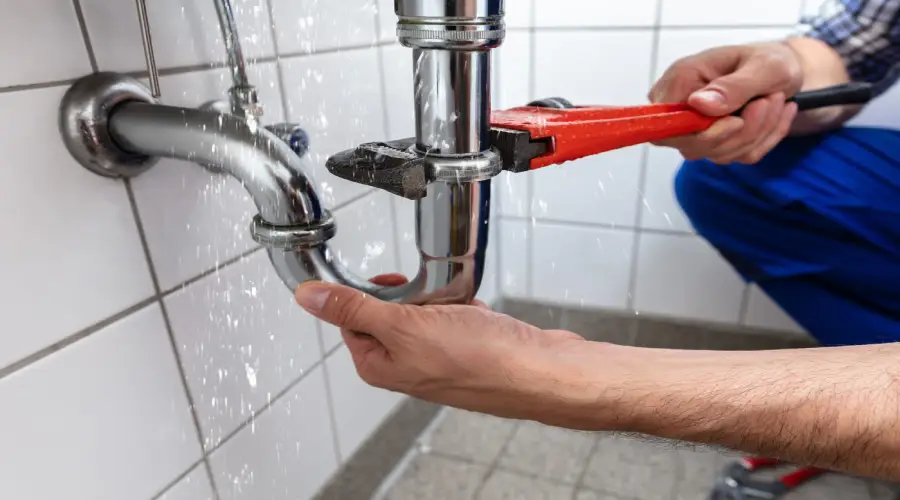
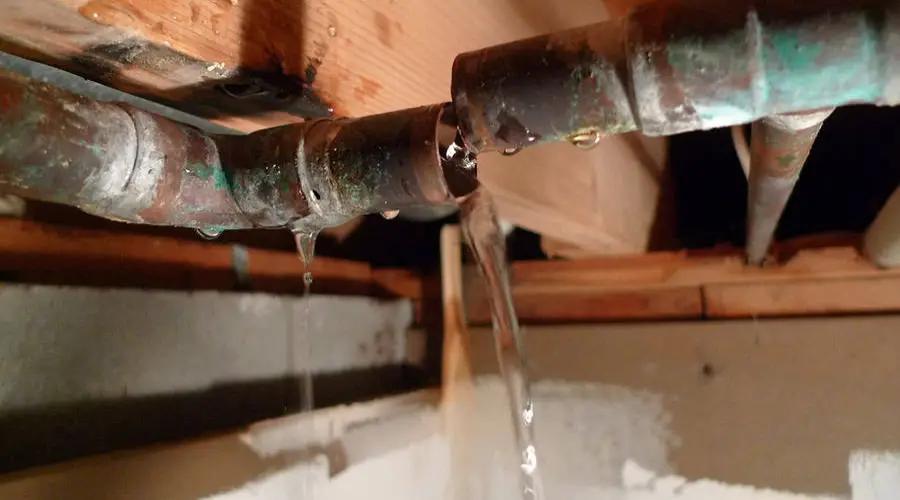
1.) Let your windows be open to let air drip out of them.
2.) start with as many dehumidifiers as are able to switch your HVAC from heating (to the temperature of 80 degrees Celsius) and cooling (to 60 degrees) which draws water into the air, and then gets rid of it. You can rent industrial-sized blowers and dehumidifiers, which will speed up drying.
1. Disconnect Your Electrical
To avoid electrocution, make certain that the outlets inside your house are off. Do not walk through stagnant water when the power is switched on. When the water blocks your path to the breakers the area for an emergency shut-off on the exterior of your home, or make an appointment with an electrician.2. Stop The Root Of The Flood
In the event that flooding occurs due to the rupture of an instrument or pipe, rather than of natural causes, it is easy to stop the flooding from the source. You can close your main valve. Certain homes have an outlet close to the at which the water main joins your home, while others have a valve that is connected to or located near a water meter that could be situated near the road.
3. Recycle Anything You Can From The Flood Zone
The property damage is likely to be noticed immediately and may be a significant problem, but you may be able to take certain items from the floor. For instance in the event that you have boxes or papers that are in the basement. Make sure to eliminate everything that's on the top area that isn't submerged.4. Contact Your Insurance Provider
Damage caused by water could be covered under the homeowner's insurance policy. The first step of the process of filing a claim is to call your insurance provider and notify them of the problem. In order to ensure that your claim is accepted, contact your insurance company to find out whether an adjuster must visit your home and examine the damage prior to starting the repair and cleaning process or if photographs of the damage are likely to suffice.5. Keep All Documentation
No matter what your insurance company says it is always advised to take note of any damage caused by water damage to your home to help in your insurance claim. Take photos and videos with your phone and record everything that water has affected, including your belongings and the structures of your home.6. Remove Any Standing Water
If the issue is predominantly in your basement, and there's an unfinished drainage system in your flooring, you could be able to use the squeegee with a handle to force water down drainage or make use of a bucket or mop. When you've got most or all remaining liquid removed and you are able to utilize a wet-dry vacuum to begin removing the water from areas that are difficult to access.7. Get In Touch With A Restoration Company For Water Damage
In this scenario, most homeowners will seek out experts in water cleanup in order to get rid of the mess. Choose a company that can respond promptly (within only a few hours, if not less) and begin cleaning the area before mold's growth begins. The insurance company may be able to refer you to a licensed contractor or search for reviews.
8. Start Drying Your Home On Your Own
As you wait for the builder to be ready for the drying process, you can begin to dry your home with these steps1.) Let your windows be open to let air drip out of them.
2.) start with as many dehumidifiers as are able to switch your HVAC from heating (to the temperature of 80 degrees Celsius) and cooling (to 60 degrees) which draws water into the air, and then gets rid of it. You can rent industrial-sized blowers and dehumidifiers, which will speed up drying.


